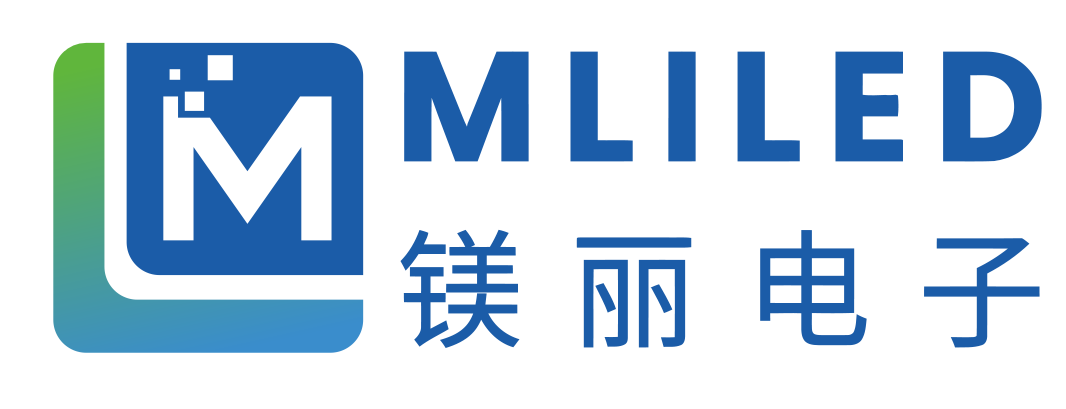Facebook Signs Partnership Agreements with 17 Top Universities to Accelerate Hardware Program Development
Facebook Building 8 R&D head Regina Dugan has just signed Sponsored Academic Research Agreements ("SARA") with 17 top universities in the U.S., hoping to work with academic institutions on new projects at a faster pace. The SARA's are designed to allow for a faster pace of collaboration with academic institutions on new projects.
Previously, when institutions of higher education partnered with private companies, it typically took 9 to 12 months to reach an agreement, whereas SARA eliminates the lengthy negotiation and approval process and launches the partnership in a matter of weeks or even days.
Of course, the universities involved in the collaborative project will be paid by Facebook. The results of their research are also expected to move away from the theoretical level and towards practical applications.
Speaking to the press, Dugan said, "With SARA, B8/Facebook has created a universal agreement with terms that apply to all types of programs and are not only very fair, but also very practical for universities. All university partners have signed the same agreement, allowing Facebook to quickly establish large-scale connections."
Universities that have signed this agreement include Stanford University, Massachusetts Institute of Technology, Harvard University, California Institute of Technology, Johns Hopkins University, Johns Hopkins University Applied Physics Laboratory, Rice University, University of California, San Francisco, University of California, Berkeley, Northeastern University, Princeton University, University of Illinois at Urbana-Champaign, Arizona State University, Texas A&M University, Georgia Tech, Virginia Tech, and the University of Waterloo, Canada.
Facebook declined to say what projects the colleges will help with, but some of the company's advanced hardware projects include the Terragraph Wi-Fi node, Project ARIES antenna, Aquila solar-powered drone, and the company's own satellite Internet project. Also included are Oculus' virtual reality eye masks as well as the Surround 360 camera. And in the back-end infrastructure space, the company is also developing Wedge open rack network switches and Open Vault storage solutions, as well as sensors for Telecom Infra Project's Open Cellular platform.
Dugan has extensive experience in university partnerships, having been head of the U.S. Department of Defense's Advanced Research Projects Agency, which often works with academic institutions to develop new technologies for the military on short notice.
She was also in charge of Google's Higher Tech and Programs division before joining Facebook in April of this year. She said the reason for the formation of this partnership is to speed up project development.
Google has previously partnered with many colleges and universities to help it with AI research through advanced servers. The company has also started research collaborations with more than 100 universities.
Facebook wants to catch up with companies like Google that have longer experience in hardware development. That's why Facebook formed hardware divisions like Building 8 and Area 404 Labs. With its wide reach, abundant resources and tons of talent, Facebook can now quickly develop hardware devices that promote people's desire to connect. (Book)

